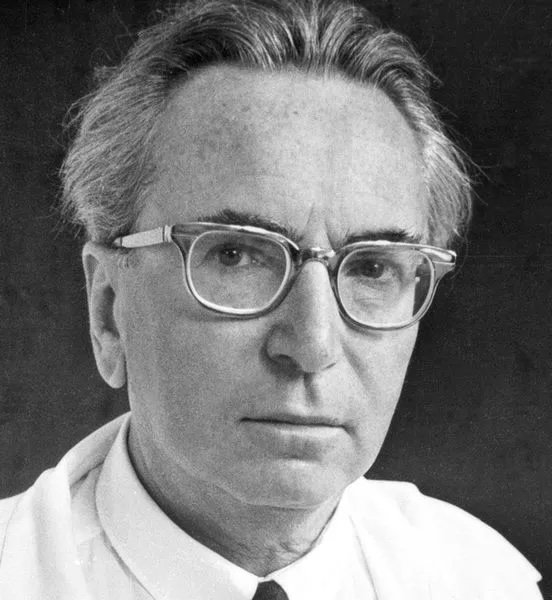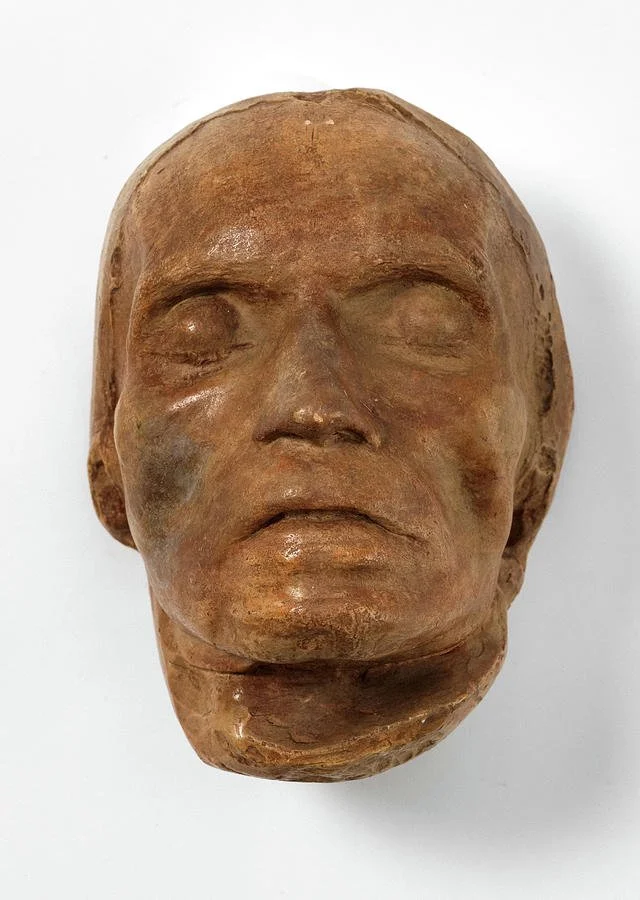MARCH 26
JOSEPH CAMPBELL (March 21, 1904)
March 26 is the birthday of American mythologist and author JOSEPH CAMPBELL (1904-1987).
"A hero is someone who has given his or her life to something bigger than oneself."
Campbell's "work covers many aspects of the human experience. Campbell's most well-known work is his book The Hero with a Thousand Faces (1949), in which he discusses his theory of the journey of the archetypal hero shared by world mythologies, termed the monomyth.
Since the publication of The Hero with a Thousand Faces, Campbell's theory has been applied by a wide variety of modern writers and artists. His philosophy has been summarized by his own often repeated phrase: 'Follow your bliss.' He gained recognition in Hollywood when George Lucas credited Campbell's work as influencing his Star Wars saga." (Wikipedia)
VIKTOR FRANKL (March 26, 1905)
March 26 is the birthday of Austrian neurologist, psychiatrist and Holocaust survivor VIKTOR FRANKL (1905-1997).
"What is to give light must endure burning."
Frankl's "best-selling book Man's Search for Meaning chronicles his experiences as a concentration camp inmate, which led him to discover the importance of finding meaning in all forms of existence, even the most brutal ones, and thus, a reason to continue living." (Wikipedia)
TENNESSEE WILLIAMS (March 26, 1911)
March 26 is the birthday of American playwright and poet TENNESSEE WILLIAMS (1911-1983).
“Life is partly what we make it, and partly what it is made by the friends we choose.."
"All cruel people describe themselves as paragons of frankness."
"Luck is believing you're lucky."
Williams "was an American playwright and screenwriter. Along with contemporaries Eugene O'Neill and Arthur Miller, he is considered among the three foremost playwrights of 20th-century American drama.
At age 33, after years of obscurity, Williams suddenly became famous with the success of The Glass Menagerie (1944) in New York City. He introduced "plastic theatre" in this play and it closely reflected his own unhappy family background. It was the first of a string of successes, including A Streetcar Named Desire (1947), Cat on a Hot Tin Roof (1955), Sweet Bird of Youth (1959), and The Night of the Iguana (1961). With his later work, Williams attempted a new style that did not appeal as widely to audiences. His drama A Streetcar Named Desire is often numbered on short lists of the finest American plays of the 20th century alongside Eugene O'Neill's Long Day's Journey into Night and Arthur Miller's Death of a Salesman." (Wikipedia)
PIERRE BOULEZ (March 26, 1925)
March 26 is the birthday of French conductor, composer and iconoclast PIERRE BOULEZ (1925-2016).
"People see me as a theoretician, but my music is also seductive, even spiritual."
"Born in Montbrison, in the Loire department of France, the son of an engineer, Boulez studied at the Conservatoire de Paris with Olivier Messiaen, and privately with Andrée Vaurabourg and René Leibowitz. He began his professional career in the late 1940s as music director of the Renaud-Barrault theatre company in Paris. He was a leading figure in avant-garde music, playing an important role in the development of integral serialism in the 1950s, controlled chance music in the 1960s and the electronic transformation of instrumental music in real time from the 1970s onwards. His tendency to revise earlier compositions meant that his body of work was relatively small, but it included pieces considered landmarks of twentieth-century music, such as Le Marteau sans maître, Pli selon pli and Répons. His uncompromising commitment to modernism and the trenchant, polemical tone in which he expressed his views on music led some to criticise him as a dogmatist." (Wikipedia)
THIS DAY IN HISTORY
THE DEATH OF BEETHOVEN
THIS DAY IN HISTORY: On March 26, 1827, Ludwig van Beethoven died.
Reportedly, Beethoven's last words were "In Heaven I shall hear" then, after falling silent for several hours "at around five o' clock it started to pour with rain. At the same time a flash of lightening lit up the room (in front of the house, the ground was covered with snow). At this Beethoven opened his eyes wide and raised his right hand. ... When his hand fell back down onto the bed his eyes were half closed. My right hand held his head, my left pressed his chest. No breath passed his lips, his heart had stopped beating..."





